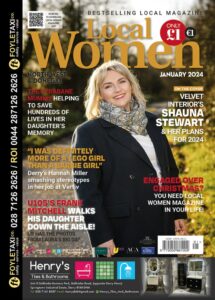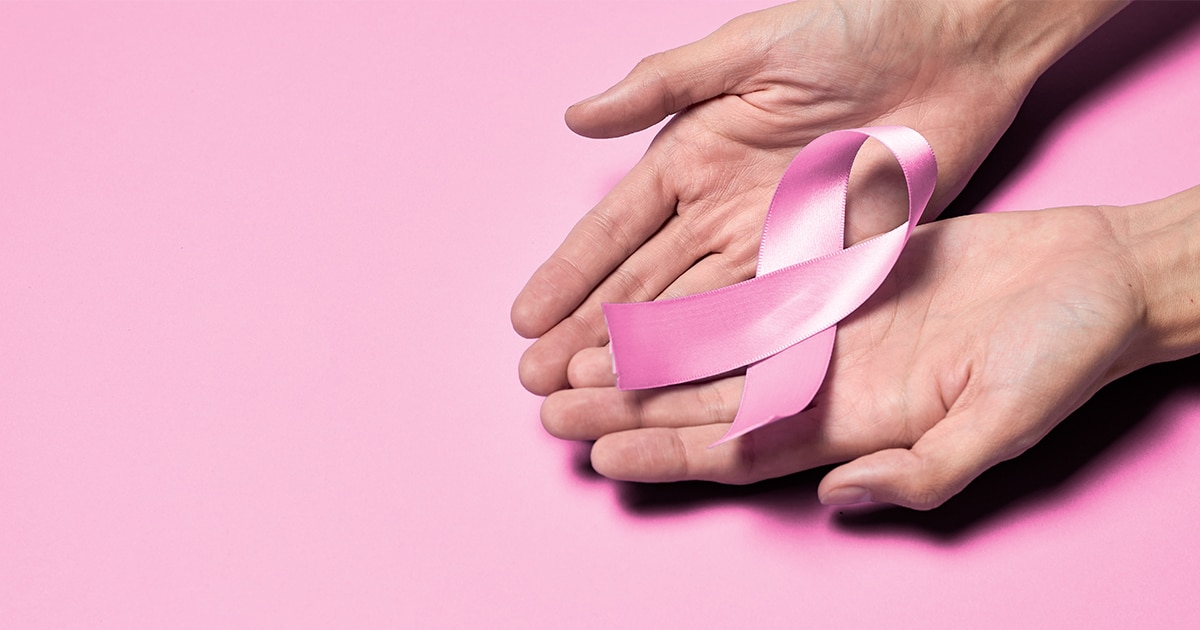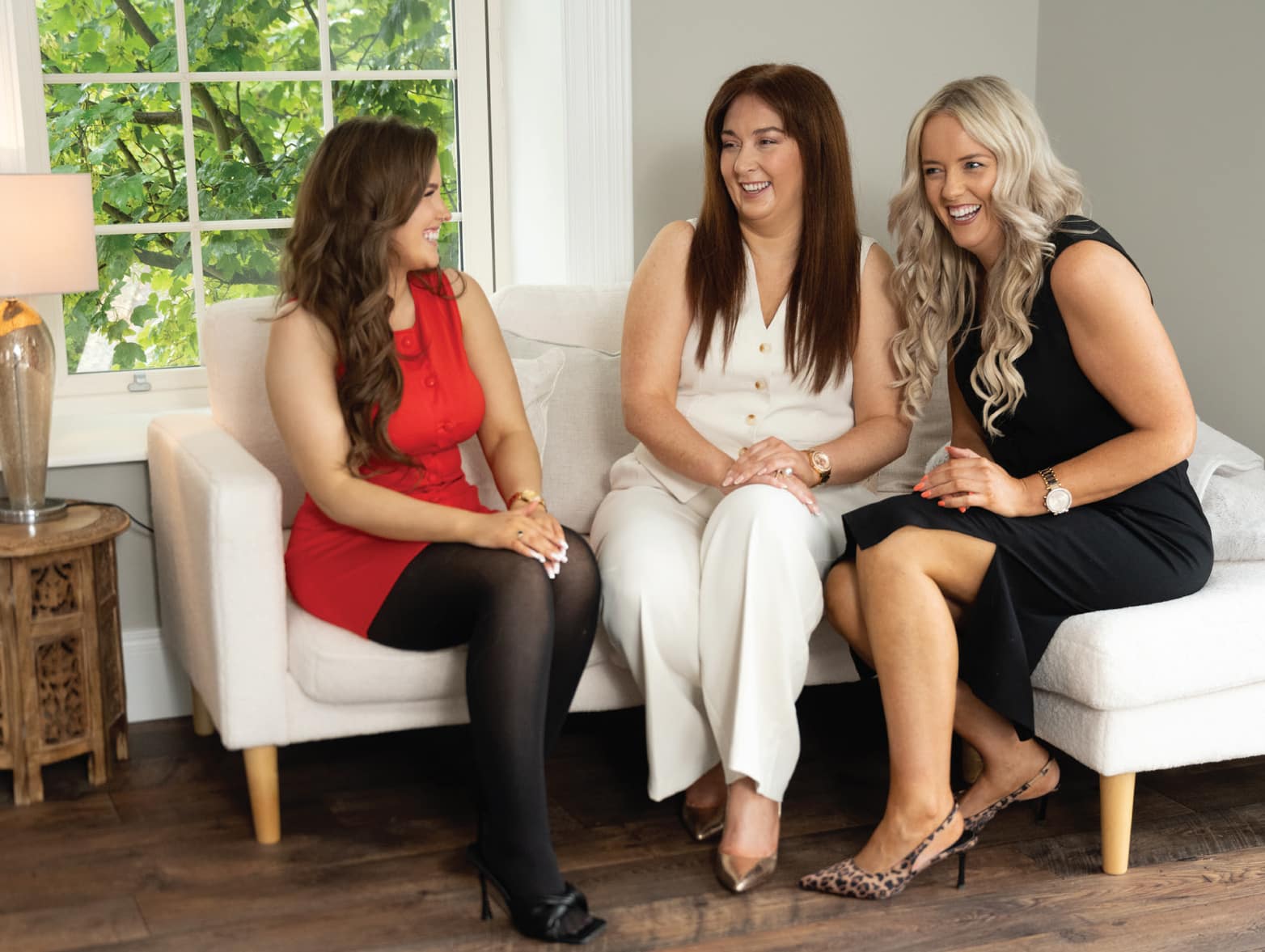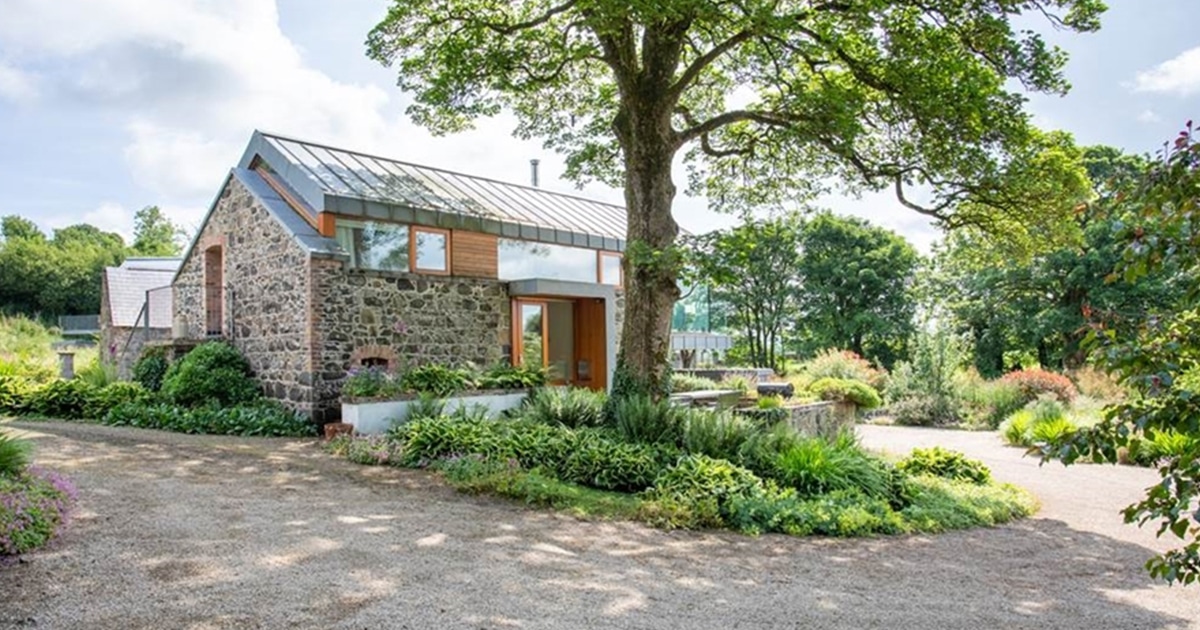Marching forwards in harmony
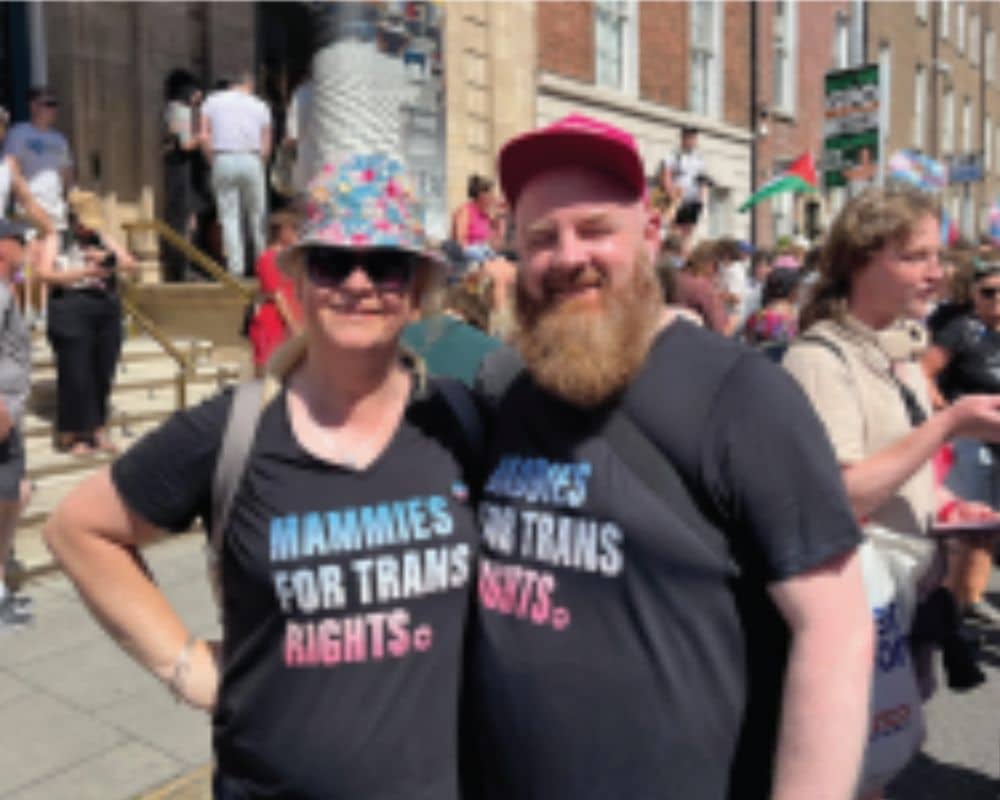
Local Women columnist Karen McShane on the importance of respecting each other’s traditions as we move towards an inclusive society.
A march is many things. A celebration. A protest. A tradition. A community coming together to be seen and heard.
Here in Northern Ireland, summer is known as ‘marching season’. For many, that means the Twelfth of July. For others, it’s the parades, family festivals, or local cultural celebrations.
Whether we’re there for the music, the message, or simply to feel part of something bigger, one thing unites us: the desire to be recognised, respected, and safe in our identity.
This year, I chose to attend both Dublin Pride, with 100,000 attendees and Trans Pride Dublin, which drew over 12,000 marchers.
I walked with a quiet but powerful group called Mummies for Trans Rights. We were there to raise awareness, create solidarity, and to support the ongoing fight for equal access to healthcare and safety for trans and intersex people.
It made me reflect on the origins of both Pride and the Orange tradition.
The Orange Order commemorates the victory of William of Orange at the Battle of the Boyne in 1690, a moment of deep Protestant–Catholic divide that has shaped much of our shared history.
Today, for many in the Unionist and Protestant communities, the Twelfth is a proud cultural celebration. For others, it can feel uncomfortable or exclusive.
But at its heart, it’s about remembering and reaffirming identity.
So too is Pride.
Pride parades began as a protest. On 28 June 1969, during a routine police raid at the Stonewall Inn in New York, LGBTQIA+ people fought back.
Among them were Marsha Johnson and Sylvia Rivera, trans women of colour who helped spark the movement that followed was days of protest and the birth of organised gay rights campaigns.
The first Pride march took place one year later.
Pride is still a protest – especially for the trans and intersex communities who continue to face discrimination, isolation, and incredibly long waiting times for healthcare.
In Belfast, the wait for a first consultation at the gender identity clinic now sits at six years. Across Ireland, it’s not much better.
In response to proposed legislation to ban puberty blockers for trans youth, this year all Northern Ireland Pride parades banned political party participation, choosing to protect the integrity of the protest.
That message was simple: trans lives matter.
At Dublin’s main Pride, the mood was powerful and defiant. There were speeches from Taoiseach Michael Martin and a message of support from President Michael D Higgins.
But it wasn’t just about political optics. It was about showing up, being visible, and pushing for real change in healthcare and everyday life.
Even in towns not traditionally associated with LGBTQIA+ visibility, things are shifting.
Ballymena held its first ever Pride this year, as part of the Mid Ulster Pride group. Despite attempts to disrupt it, including someone spraying slurries on the route, the community rallied, cleaned up, and marched on.
No incidents. Just pride.
So why do we march?
Because peaceful protest is a right.
Because visibility matters.
Because a fair society is one where all feel seen, whether we march in Orange regalia, rainbow flags, or neither.
Because respect for tradition and progress can coexist.
We cannot go backwards.
The days of violence and division remain in the past. But to truly move forward, we need to be willing to learn from each other, to call each other and understand where the other is coming from – even when it’s uncomfortable.
You don’t have to agree with everything. But you can still respect someone’s right to exist, be safe, and celebrate.
Let’s keep marching, together.
Karen McShane Ltd
📍 Albany House, 73-75 Great Victoria Street, Belfast BT2 7AF
📞 +44 (0) 28 9560 9798 | ✉️ info@karenmcshane.co.uk | 🌐


